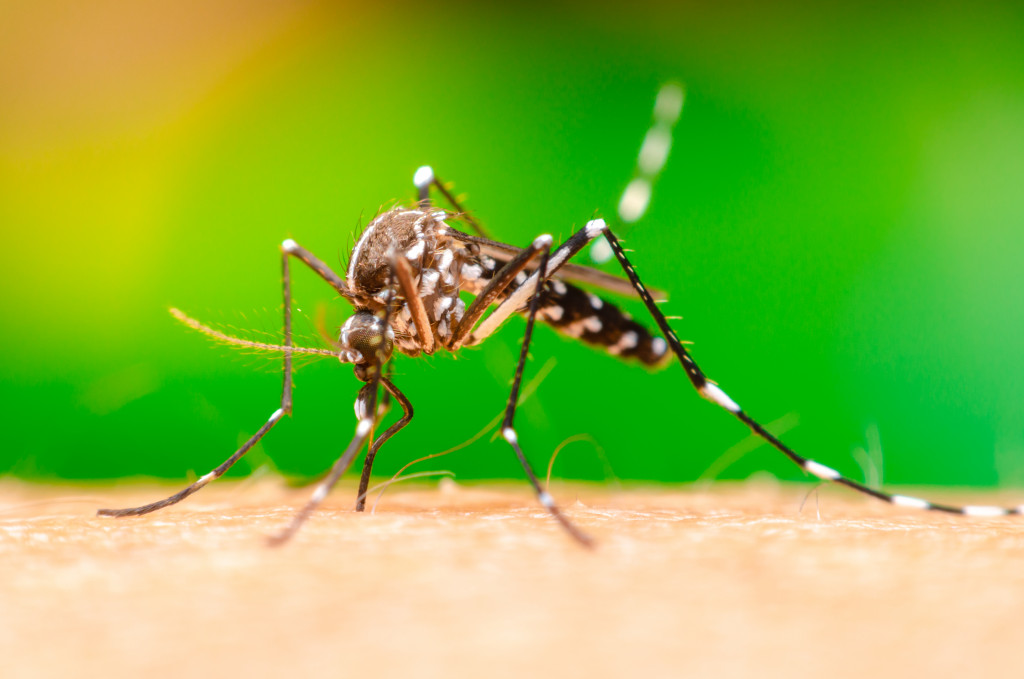Humans have viewed mosquitoes as pesky insects that should be avoided or even exterminated at all costs. As if these mosquitoes’ stinging and itchy bites aren’t enough, science proves time and time again how they’re vessels of life-threatening pathogens. Sometimes, we can’t help but wonder if they contribute at all to our ecosystem.
Like any insect or living creature for that matter, Mosquitoes also have their designated ecological niche, a role they play to help nature achieve an optimal balance. Perhaps, a closer look at it could give us a better idea of why they behave the way they do aside from flying around in search of their next blood source. How to live in peaceful coexistence with them, if that’s ever possible, is also a topic worthy of discussion.
What is the role of mosquitoes in the ecosystem?
Contrary to the negative connotations we have of mosquitoes, they actually play several beneficial roles in the environment.
Nature is home to over 3,500 species of mosquitoes. If anything, only a minute portion of these are ever attracted to human blood. Most of these species thrive through various other means, including nectar from plants and honeydew. In their search for food, mosquitoes also act as pollinators. They’re known to visit flowers at dusk when there’s a lower chance of human presence.
In their larvae form, mosquitoes are prey to many predators, such as avian and aquatic creatures. On the other hand, adult mosquitoes are also eaten by other insects and insect-eating animals, such as frogs, bats, and birds. When they die, the decomposed bodies of mosquitoes make for plants’ source of nutrition.
Why do mosquitoes bite?
Mosquitoes, specifically female ones, sustain themselves with human blood because the scent in human skin and sweat resembles that which they could detect on certain flowers. Note, however, that not all humans have this due to genetic differences.
Various studies suggest that mosquitoes are also more likely to bite hosts holding a temperature that’s optimal for them, that drank liquor, or are pregnant. Aside from that, blood is also known to contain the nutrients that female mosquitoes need to make their eggs.
Where do mosquitoes tend to live?

As we all know, mosquitoes lay a hundred eggs at a time in stagnant freshwater, may it be in swamps, puddles, ponds, or even melted snow patches. A recent study by the Journal of Medical Entomology suggests that mosquitoes could lay eggs not directly on the surface of pooled water but somewhere near it. That being said, unhatched young could thrive even on moist leaves or swampy areas and hatch in as fast as three days.
This scientific finding could tell a lot about how the growth in their population could be mitigated, a good reference for property owners and providers of mosquito control services.
How do we keep our homes from becoming mosquito breeding sites?
We can now conclude that not all mosquitoes are born to pester or unintentionally inflict a debilitating disease on us. That being said, we are left with a gray area, that is, we cannot identify which one out there is bound to puncture us with their straw-like itch-inducing mouths. To know whether our genetic makeup makes for that flavorful blood meal for them is expensive science, too.
What’s in our control, however, is reducing their chances of breeding anywhere on our premises. Mosquitoes don’t discriminate and would pounce on every chance at seeing a pool of standing water or even crevices where they are less visible. These are things you can heed—just make sure to do so, especially when summer is approaching:
- Empty buckets, pots, bins, and other containers and place them upside down when not in use.
- Dispose of empty disposable containers and other clutter, such as wrapping papers or bags and broken toys and equipment.
- Water in pet dishes, birdbaths, and livestock water bowls should be replaced regularly.
- Inspect your house for areas where rainwater may have been trapped, including your gutter, window sills, and plant holders, and drain the water.
- Inspect outdoor faucets and other water sources for any dripping and fix them.
- Fill in patches of grass or pavement in your yard where puddles tend to form.
- Consult mosquito control experts who can assess your area for potential breeding sites and recommend the best possible treatment.
Mosquitoes are susceptible carriers of illness-causing pathogens. Nevertheless, their ecological functions cannot be discounted, especially with global pollinators facing a recent decline. To coexist with them without waging war seems like a remote possibility, but efforts to identify species that are immune to these pathogens are underway. Until then, let’s all keep our households mosquito-free!

